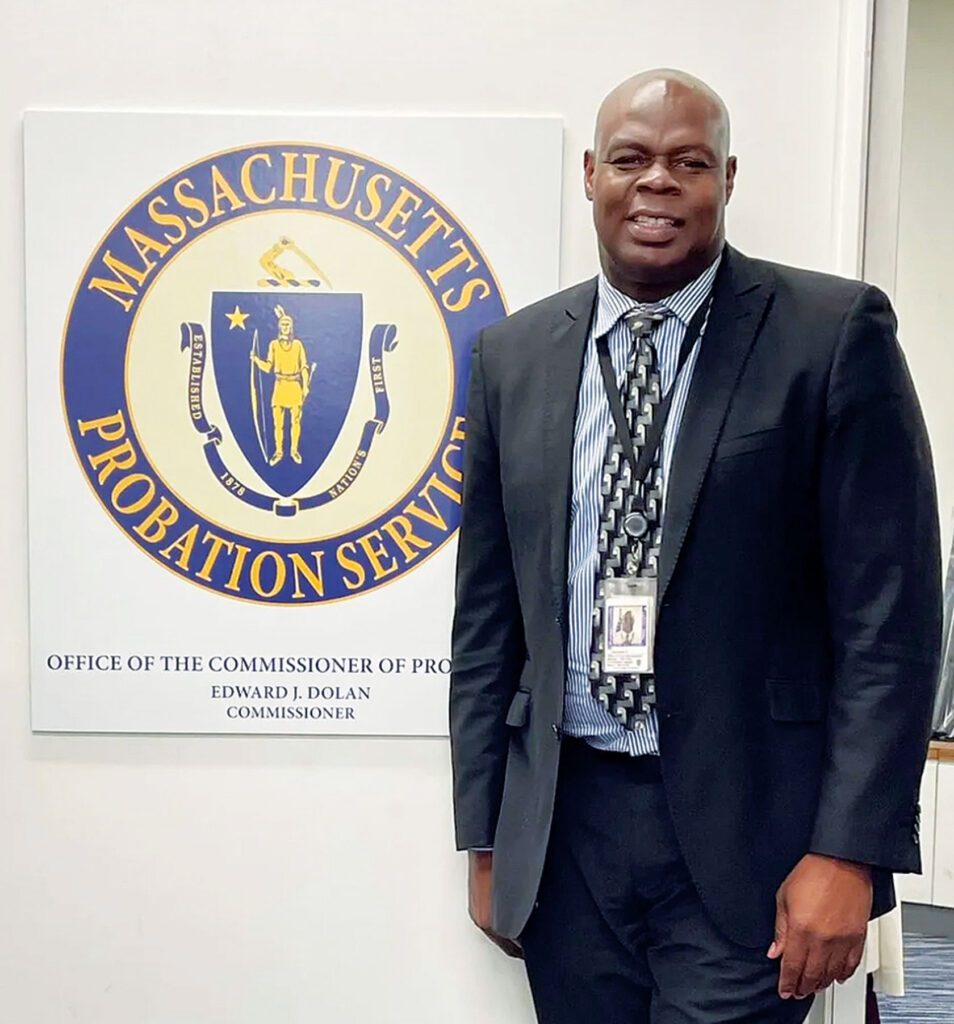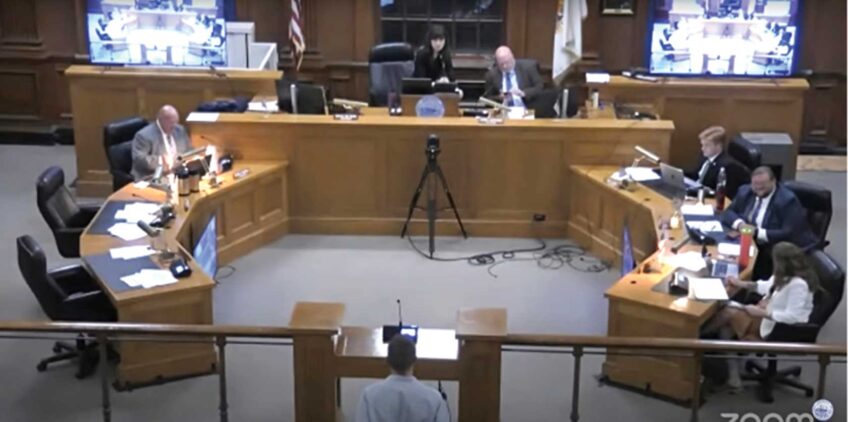Probation initiatives prioritize mental health
Improved text messaging system helps people get to court on time

For many years, people on probation had to wait until their trial to voluntarily seek mental health care and other services or be ordered to go into treatment by a judge.
Now, for the first time, Massachusetts is removing that obstacle, easing the process and enrolling them in MassHealth right inside the courthouse.
Mental health care and actions to reduce the number of no-shows in court are among a string of initiatives now being implemented by the Massachusetts Probation Service. The aim is to reduce recidivism while also providing critical services to a vulnerable population, officials said. A lack of care has contributed to people committing further crimes and returning to prison.
“We want courts to be more than just where people go to get cases disposed of,” said Pamerson Ifill, deputy commissioner of pretrial services, which oversees the state’s pretrial probation services division. “We want courthouses and probation offices to be places where people can get services and where they’re being engaged by knowledgeable and competent staff.”
To reduce the number of missed court dates, the state has improved its text messaging system to remind clients of upcoming court hearings. Ifill said the department received feedback from the community to make these changes.
Since the health care program began two weeks ago, Ifill said his office has trained more than 25 court employees to become certified application counselors. This allows them to enroll eligible clients in the MassHealth Insurance program in the state courthouses.
“We want to remove the barrier of not having health insurance so that people can engage in mental health treatment, substance abuse treatment or any of the other critical care components that are essential to people being able to comply with conditions of probation,” he said.
The Probation Service department is also working to prevent unnecessary jail time through the Interactive Text Response System, a reminder system that was expanded two years ago to include people in civil complaints. Users who opt in receive text message reminders four days and 12 hours before a scheduled court appointment.
So far, the Massachusetts court system sent out 26,000 text reminders this year and 30,000 last year, Ifill said.
Across the country, 35% of defendants fail to appear for court dates. This failure can lead to further court involvement or jail time. Ifill noted that in Massachusetts, roughly 13–14% of defendants fail to show up on average.
State analysis on the effectiveness of these text messages showed that defendants who received reminders but would have otherwise been no-shows attended 622 pretrial hearings last year.
Roughly 85% of those probationers would have faced fines or be in default if they had missed their hearing. Another 15% would have been in default and arrested, according to the analysis.
Ifill said Probation Service has seen a 3% decrease in failure-to-appear rates across the state among those who opted in for the reminder, and the decrease is seen among offenders of all genders and racial backgrounds.
Some communities have higher no-show rates than others. Ifill said in rural and urban areas, failure to show up can often be attributed to a variety of causes, including problems with transportation reliability and accessibility.
“We know that when people get arrested, it can have a severe impact on their lives with employment, housing, childcare, whatever else,” he said. “If somebody missed a court date and they’re held in custody, that can have a detrimental impact on them.”
Pauline Quirion, director of the Criminal Offender Record Information (CORI) & Re-Entry Project at Greater Boston Legal Services, who helped to push for the text reminder changes, said the new probation efforts are a step in the right direction.
“It just makes sense. When we have our own clients, we call to remind them or send them an email. Sending somebody a text is not that hard,” said Quirion. She added that it’s a time saver, too, for courts that are short-staffed and would otherwise have to spend a lot of effort tracking people down.
“It’s really for people who are in a vulnerable situation because their housing isn’t stable and it’s hard to really keep track of things,” Quirion said.






